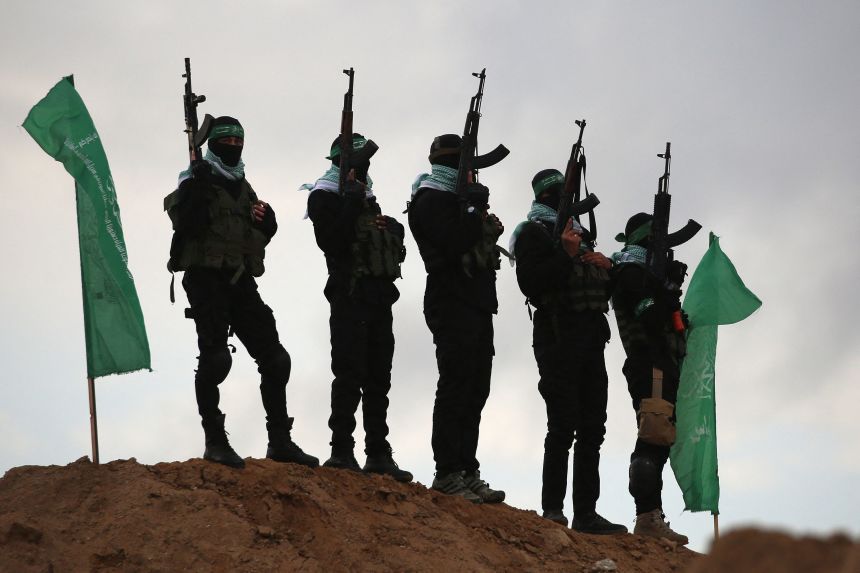The Arab world for the first time publicly called on Hamas to disarm and end its rule in Gaza. These Arab states, along with 14 other countries, including the United Kingdom, France, the European Union, and the Arab League, signed a historic declaration. United states summit demanding that Hamas hand over control of Gaza and its weaponry to the Palestine Authority. This collective call seeks to end the catastrophic war in Palestinian territory and advocate for the establishment of a sovereign and independent Palestinian state through a two-state solution with Israel.
This is the first time Arab governments have condemned Hamas and urged for its disarmament. It is indicating a dramatic shift in regional stances. The declaration’s plan encourages the restoration of Palestinian Authority sovereignty over Gaza and the eventual normalisation of Arab-Israeli ties.
The declaration also calls for international engagement and support to facilitate the transfer of Hamas weapons to the Palestinian Authority. The goal of achieving a stable and peaceful settlement to the conflict. Furthermore, it urges the deployment of foreign forces to stabilise Gaza following the battle and emphasises the region’s critical humanitarian and protection concerns.
What will be the consequences:
The military campaign for disarmament could deepen political and social divisions within Israel. As protests and dissent already exist over the government’s handling of hostages and military strategy.
Even if Hamas disarms, it remains unclear that an alternative Arab or Palestinian authority would be able or willing to assume control over Gaza immediately. Hamas’s entrenched position and military strength make governance transition complex and risky. Disarming Hamas does not guarantee peace; the group may resort to prolonged guerrilla warfare. Hamas retains some military capabilities and external leadership even after heavy losses, making long-term instability.
Control over humanitarian aid and civilian life is a key factor in Hamas’s power. Shifting this control amid disarmament efforts could worsen humanitarian conditions and complicate governance until a stable administration is established.








